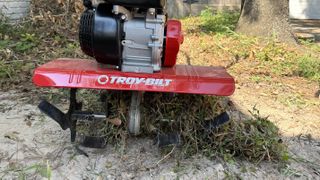Home & Garden
Explore Home & Garden
Latest about Home & Garden
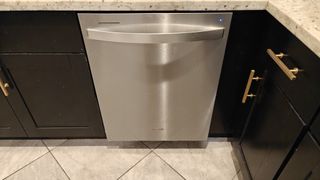
Whirlpool 24" Stainless Steel AI Dishwasher Review
By Jason Cockerham published
Review Powerful, quiet dishwasher with some smart features

Do dishwashers use a lot of electricity?
By Jen Thomas published
While hand washing dishes can be tedious, dishwashers may save energy and time.

How to Convert Your Propane Grill to Natural Gas
By Jonathan Knoder published
How to Get on-demand gas from your grill and ditch refilling your propane tank
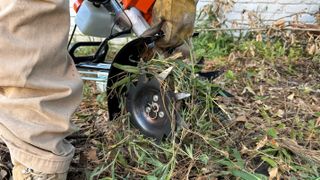
Rear tiller vs front tine: which one has the edge?
By Maddy Biddulph published
Versus Both tools can break up soil, but which one is best for you?

Our favorite Fall beverage is back! Here's how to make a Pumpkin Spice Latte
By Linda Clayton last updated
How to Discover how to make a Pumpkin Spice Latte at home
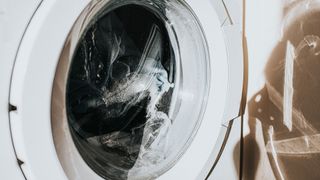
Do washing machines use a lot of electricity?
By Jen Thomas published
Advice Discover savings tips to help reduce those costs effectively.
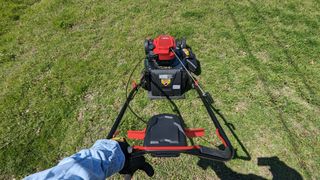
Best gas lawn mowers: for power, performance, and durability
By Caroline Preece last updated
Buying Guide The best gas lawn mowers offer powerful performance and extended range, great for those with larger or more demanding mowing requirements.
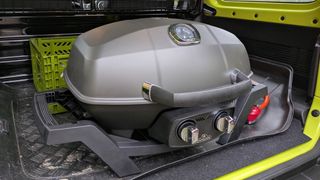
Napoleon TravelQ PRO285 Portable Gas Grill review
By Pete Wise published
Review Our reviewer tests the Napoleon TravelQ PRO285 portable gas grill. How well does it cook burgers, chicken and vegetables?
Sign up to receive the latest news, reviews, buying guides and deals direct to your inbox

